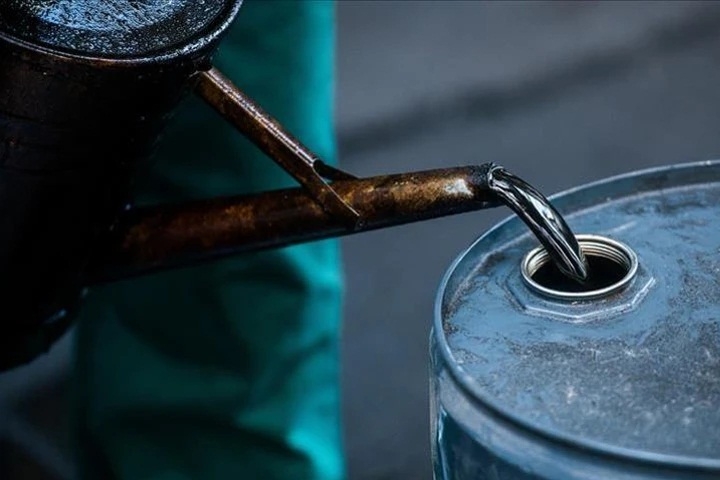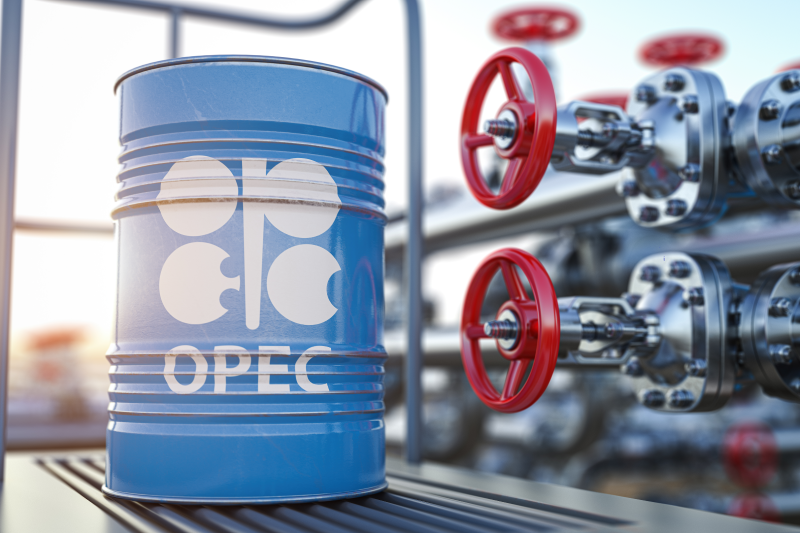The decision comes as oil markets wait to see how a slowing Chinese economy and a G7 price cap on Russian oil would affect demand and supply fundamentals…reports Asian Lite News
OPEC+ agreed to keep to its oil output targets unchanged at the 34th Ministerial Meeting that took place by videoconference yesterday.
“In line with the decision of the OPEC and non-OPEC Participating Countries in the Declaration of Cooperation at the 33rd OPEC and non-OPEC Ministerial Meeting on 5 October 2022, which was purely driven by market considerations and recognized in retrospect by the market participants to have been the necessary and the right course of action towards stabilizing global oil markets; and adhering to the approach of being proactive and pre-emptive, the Participating Countries reiterated their readiness to meet at any time and take immediate additional measures to address market developments and support the balance of the oil market and its stability if necessary,” read an OPEC statement following the meeting.
The participating Countries reaffirmed the decision of the 10th OPEC and non-OPEC Ministerial Meeting on 12 April 2020 and further endorsed in subsequent meetings, including the 19th OPEC and non-OPEC Ministerial Meeting on 18 July 2021 and the 33rd OPEC and non-OPEC Ministerial Meeting on 5 October 2022, including the adjustment of the frequency of the monthly meetings to become every two months for the Joint Ministerial Monitoring Committee (JMMC) and the authority of the JMMC to hold additional meetings, or to request an OPEC and non-OPEC Ministerial Meeting at any time to address market developments if necessary.
They reiterated the critical importance of adhering to full conformity and compensation mechanism taking advantage of the extension approved on the 33rd OPEC and non-OPEC Ministerial Meeting.
The decision comes as oil markets wait to see how a slowing Chinese economy and a G7 price cap on Russian oil would affect demand and supply fundamentals.

Oil prices rise
Oil prices rose on Monday following an agreement by the G7 group of nations and its allies to cap the price of Russian oil at $60 a barrel, BBC reported.
Brent crude added around 1 per cent to above $86 in Asia trading.
The move – which could come into force on Monday – raises Western pressure on Russia over the invasion of Ukraine.
It comes after oil producers’ group Opec+ agreed to stick to its policy to reduce production, amid slower global growth and higher interest rates, BBC reported.
“This decision by Opec+ to keep the quota where it is… is by itself an implicit sort of support to the oil market,” Kang Wu of S&P Global Commodity Insights told the BBC.

Leave a Reply